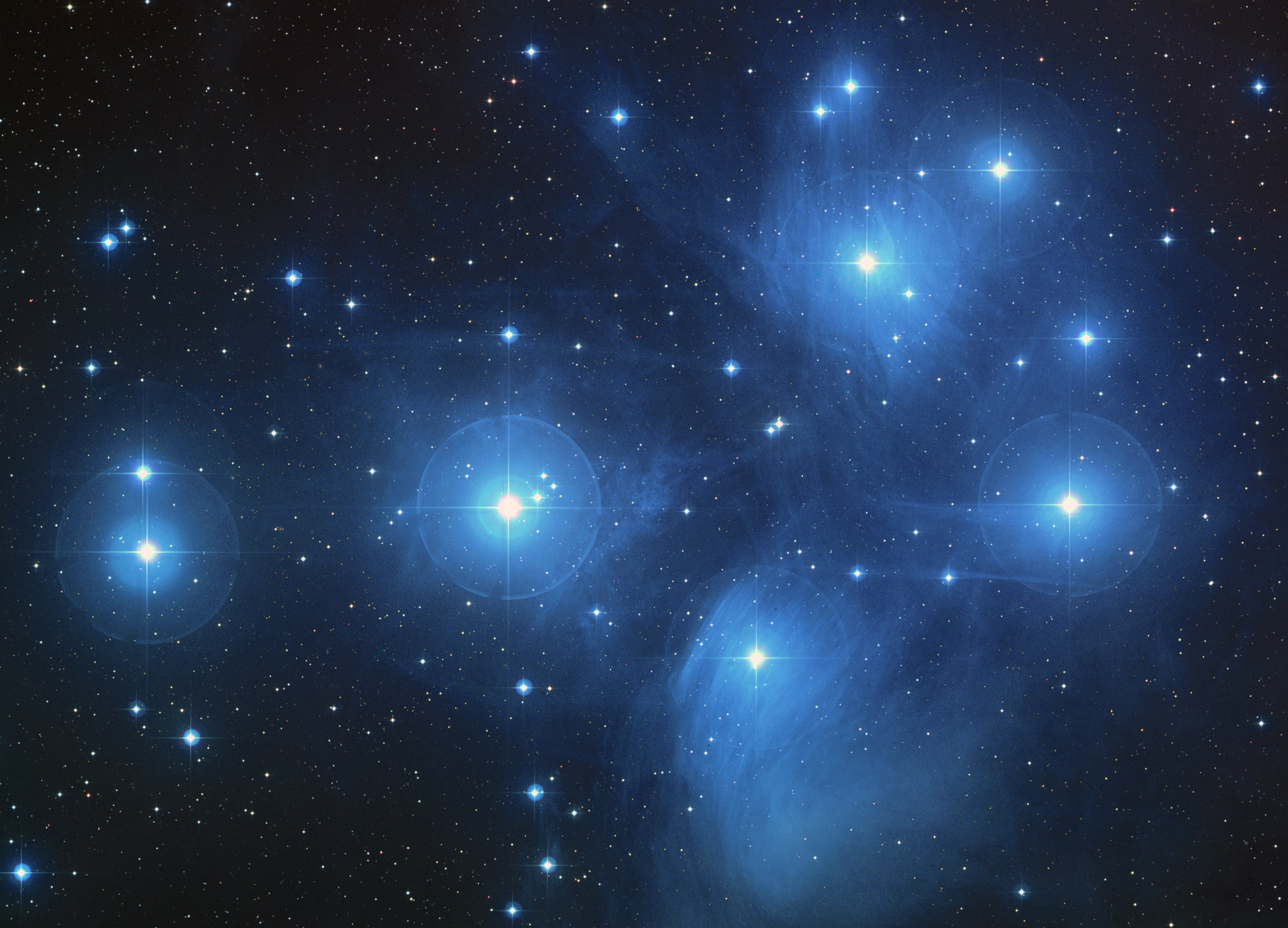The 2000 remake of the film On the Beach, based on the 1957 novel by Nevil Shute, ends with a quote from an 1871 poem by Walt Whitman titled On the Beach at Night. I haven’t seen either film or read the book about an impending nuclear holocaust. But I would venture a guess that the intent in using the quote was to compare “the ravening clouds, the burial clouds, in black masses spreading” to a nuclear mushroom cloud.
The poem’s narrator, standing on a beach overlooking the Atlantic Ocean (presumably) with his young daughter, seeks to reassure the child who, “Watching, silently weeps.” He tells her:
The ravening clouds shall not long be victorious,
They shall not long possess the sky…
The vast immortal suns and the long-enduring pensive moons shall again shine.
Needless to say, after a nuclear explosion, the “ravening clouds” actually do emerge victorious. True, they may not “long possess the sky,” but that’s only because their work is done, their devastation unleashed. Use of the poem in the film becomes further ironic when Whitman writes:
Something there is more immortal even than the stars…
Something that shall endure longer even than lustrous Jupiter
Longer than sun or any revolving satellite,
Or the radiant sisters the Pleiades.
Well, maybe not more immortal than God, as implied by Whitman, but the radiation and vast “blasted plains” (to borrow from another poet — Lord Byron in Don Juan), not to mention the psychic scars inflicted on humanity, will last for generations to come.
Finally, one of Whitman’s reassuring lines reads, “They are immortal, all those stars both silvery and golden shall shine out again.” Presumably, he was reflecting the knowledge of astronomy at that time. We’ve since learned that many of the lights in the night sky that we think of as stars are actually the light traveling across the universe of stars long dead. Thus increasing the irony of the use of the poem in regards to a nuclear holocaust.
The poem in its entirety:
On the Beach at Night
By Walt Whitman
On the beach at night,
Stands a child with her father,
Watching the east, the autumn sky.
Up through the darkness,
While ravening clouds, the burial clouds, in black masses spreading,
Lower sullen and fast athwart and down the sky,
Amid a transparent clear belt of ether yet left in the east,
Ascends large and calm the lord-star Jupiter,
And nigh at hand, only a very little above,
Swim the delicate sisters the Pleiades.
From the beach the child holding the hand of her father,
Those burial-clouds that lower victorious soon to devour all,
Watching, silently weeps.
Weep not, child,
Weep not, my darling,
With these kisses let me remove your tears,
The ravening clouds shall not long be victorious,
They shall not long possess the sky, they devour the stars only in apparition,
Jupiter shall emerge, be patient, watch again another night, the Pleiades shall emerge,
They are immortal, all those stars both silvery and golden shall shine out again,
The great stars and the little ones shall shine out again, they endure,
The vast immortal suns and the long-enduring pensive moons shall again shine.
Then dearest child mournest thou only for Jupiter?
Considerest thou alone the burial of the stars?
Something there is,
(With my lips soothing thee, adding I whisper,
I give thee the first suggestion, the problem and indirection,)
Something there is more immortal even than the stars,
(Many the burials, many the days and nights, passing away,)
Something that shall endure longer even than lustrous Jupiter
Longer than sun or any revolving satellite,
Or the radiant sisters the Pleiades.

